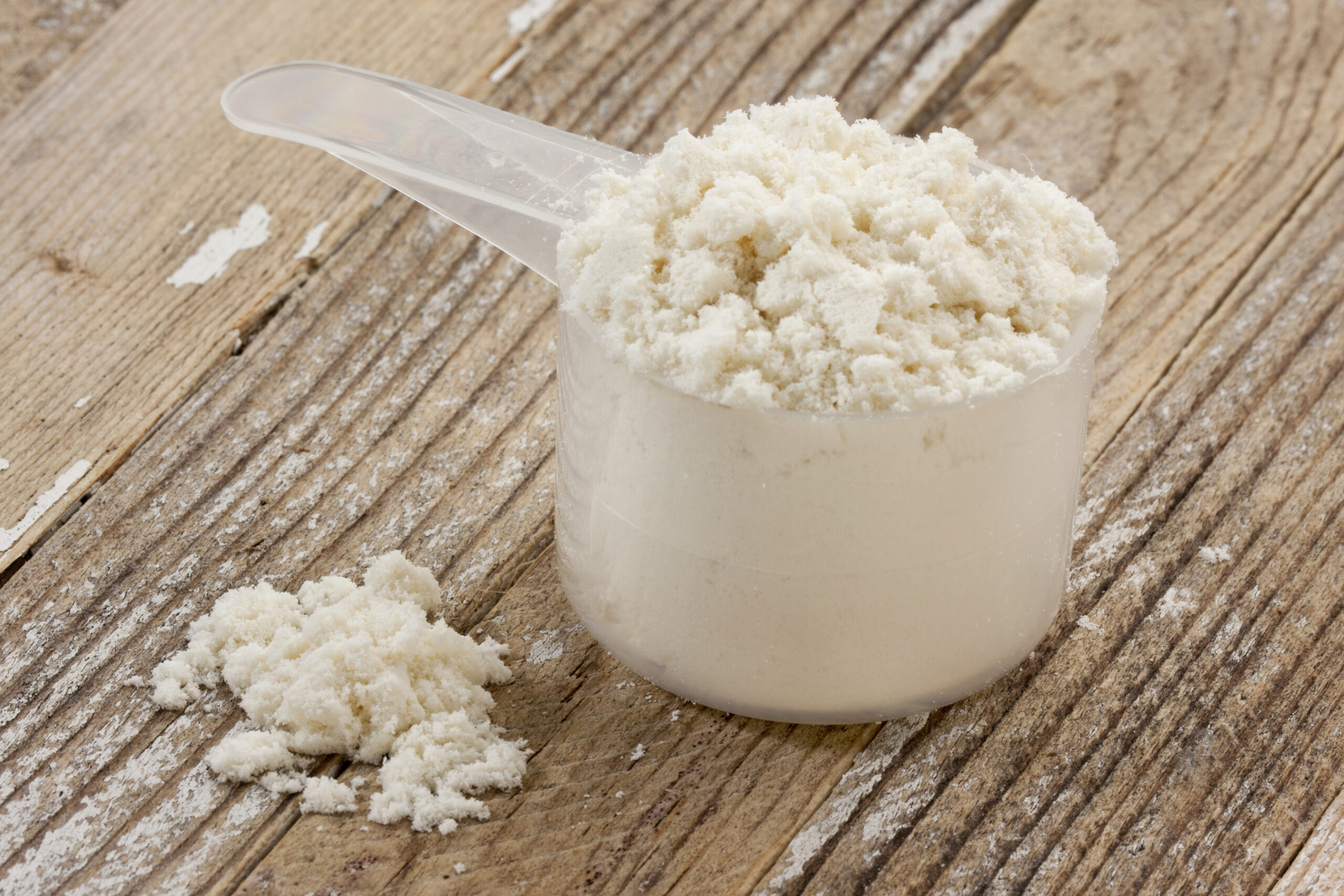We all know someone who seems to be blessed with lucky genetics—they eat more than most but never seem to gain weight. While this might have been a disadvantage in our hunter-gatherer past, where survival depended on efficiently storing energy, in today’s world of desk jobs and processed foods, it feels like a superpower.
For most of us, keeping weight under control isn’t so effortless. Low energy, sluggish metabolism, and weight fluctuations are common struggles, especially in a modern, largely sedentary lifestyle where commuting, long work hours, and convenience foods dominate our routines.
But here’s the good news – you don’t need extreme diets, endless cardio, or impossible gym routines to improve your metabolism, and most importantly, to do it in a healthy and sustainable way.
This article explores five science-backed habits that will help you burn more calories, regulate energy levels, and maintain a healthy weight with minimal time commitment. Plus, we’ll cover a few bonus metabolism-boosting foods to give you an extra edge.
Habit 1 – Eliminate Sugar
Sugar is one of the biggest culprits behind unstable energy levels, cravings, and sluggish metabolism. While it provides a quick energy boost, it also causes rapid spikes in blood sugar, which lead to an inevitable crash that leaves you feeling tired, foggy, and reaching for more sugar.
Over time, excess sugar consumption contributes to insulin resistance, a condition where the body struggles to process glucose properly. This leads to fat storage, metabolic slowdown, and increased hunger signals, making it harder to maintain a healthy weight.
By cutting back on added sugar, you stabilise blood sugar levels, reduce inflammation, and support fat burning, making it easier for your body to maintain steady energy throughout the day.
For some people, eliminating sugar can be as tough as quitting highly addictive drugs. The trick is to reduce sugar gradually and allow your taste buds to adapt. For example, if you normally add sugar to coffee or tea, cut the amount by half a teaspoon each week until you adjust to the natural taste. Sugary soft drinks are another common culprit, but you can make it effortless by swapping them for flavoured sparkling water. Many products have hidden sugars added, so always read labels and try to choose whole foods over processed snacks. Keep nuts, cheese, or plain Greek yoghurt on hand for quick, satisfying options.
We created a dedicated article full of tips on reducing sugar without feeling deprived, check out the guide here.
Habit 2 – Strength Train Twice a Week
Strength training builds lean muscle, which keeps your metabolism elevated even at rest. Since muscle tissue burns more calories than fat, having more of it means your body naturally burns more energy throughout the day.
Additionally, strength training triggers Excess Post-Exercise Oxygen Consumption (EPOC), commonly known as the afterburn effect. This means that after your workout, your body continues to burn calories for hours as it repairs and rebuilds muscle.
The best part? You don’t need hours in the gym! Just two short sessions per week can lead to noticeable metabolic benefits.
Here’s how to make the habit stick:
– Keep workouts short and efficient. A 30-minute bodyweight workout at home can be just as effective as gym sessions.
– Focus on compound movements like squats, push-ups, and lunges, which engage multiple muscle groups at once, maximising results.
– Stack training onto another habit. For example, train right after waking up, before a shower, or before dinner to make it a routine.
For a step-by-step guide on metabolism-boosting strength workouts, check out this article.
Habit 3 – Prioritise High-Quality Sleep
Poor sleep is one of the fastest ways to wreck your metabolism. It disrupts key fat-burning hormones like ghrelin (hunger hormone) and leptin (fullness hormone), leading to increased cravings, overeating, and slower metabolism.
Additionally, lack of sleep increases cortisol, a stress hormone that promotes fat storage, particularly around the abdomen. Without adequate rest, the body struggles to process carbohydrates effectively, increasing insulin resistance and making weight management harder.
Improving your sleep quality often comes down to a few crucial habits:
– Set a non-negotiable bedtime, even 30 minutes earlier can make a big difference.
– Use light exposure to your advantage by getting morning sunlight to wake up naturally and dim lights in the evening to prepare for sleep.
– Limit screens before bed, if it is unavoidable, use night mode or blue light-blocking glasses to reduce sleep disruption.
Melatonin and medicine free supplements can also significantly improve the quality of your sleep without forming harmful addictions. We highlighted the most effective ones in this article.
Habit 4 – Practice Mindful Eating
Most people eat on autopilot, whether it’s snacking while scrolling on their phone or eating out of habit rather than hunger. This leads to overeating, poor digestion, and unnecessary calorie intake.
Slowing down and practicing mindful eating allows you to tune into your body’s hunger signals, preventing unconscious overeating and making meals more satisfying.
Try the following tricks whenever you find yourself starting a meal or reaching for a snack.
– Use the “three deep breaths” trick before eating. This involves taking three slow breaths to shift your focus onto your meal.
– Put your fork down between bites to naturally slow the pace in which you eat. This allows your brain the time needed to recognise fullness.
– Before eating a snack, use a hunger checklist. Ask yourself the following questions: Am I actually hungry? Am I just bored? Am I eating because I’m stressed? Am I just thirsty? Before eating a snack, drink a glass of water, take a few deep breaths, and then decide if you really want it.
For a deeper dive into mindful eating, we highlighted some key habits that’ll help you stop overeating and enjoy your food more, in this article.
Habit 5 – Track Daily Movement
Daily movement, also known as Non-Exercise Activity Thermogenesis (NEAT), can contribute more to total calorie burn than structured workouts. Small, frequent movements improve circulation, digestion, and energy levels, preventing the metabolic slowdowns that come with prolonged sitting.
Here’s how to boost your daily movement with ease.
- Set a movement trigger, for example, stand up and walk around every time you finish a task, email, or phone call.
- Get a step tracker and use a step goal as motivation. Ideally aim for 10,000 steps per day, breaking it into short walks.
- Incorporate “exercise snacks”, for example, do 10 squats, lunges, or push-ups between work tasks.
We take a deeper dive into small habits and strategies that can increase your daily movement levels in this article.
Bonus Tricks: Metabolism-Boosting Foods & Drinks
While no food can single-handedly “hack” your metabolism, some can provide a small boost:
☕ Caffeine – Increases fat oxidation and energy levels.
🌶 Spicy foods – Capsaicin in chili peppers slightly boosts thermogenesis.
🥤 Cold water – Drinking a glass of cold water may increase metabolic rate by 10-30% for an hour.
🍵 Green tea – Contains catechins that may slightly boost fat burning.
🫚 Ginger – Has been shown to enhance thermogenesis and reduce feelings of hunger.
Approach It One Habit At A Time
You don’t need extreme diets or complicated workout routines to fire up your metabolism and maintain a healthy weight. The key is small, sustainable changes that fit into your existing lifestyle.
Start with just one habit today and give it a month to set in, then add the next one, after 6-months, your body will thank you!



